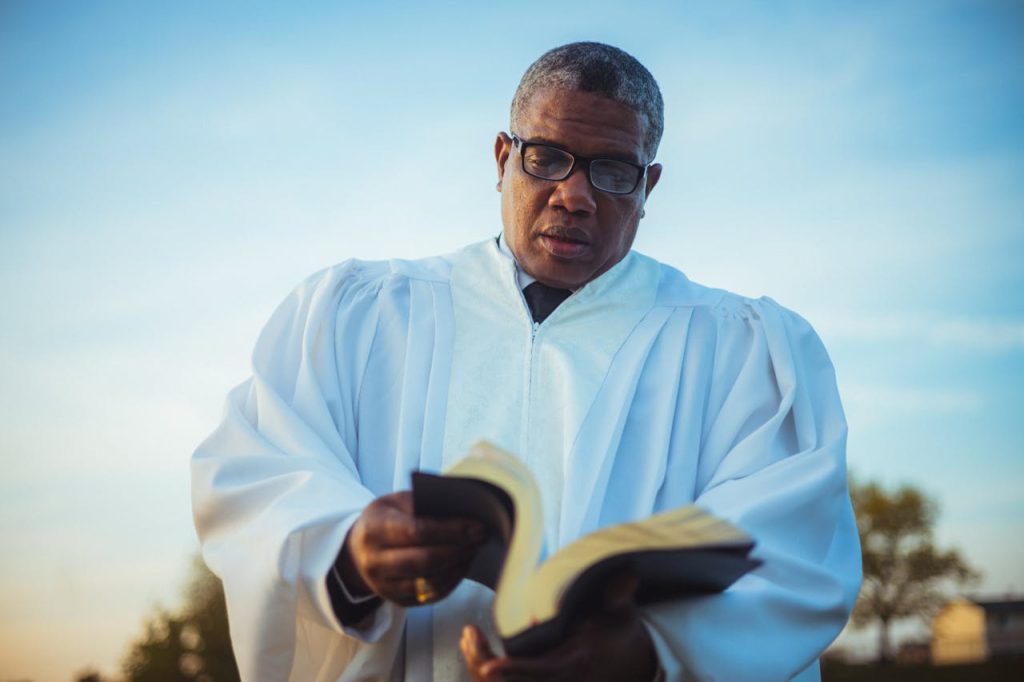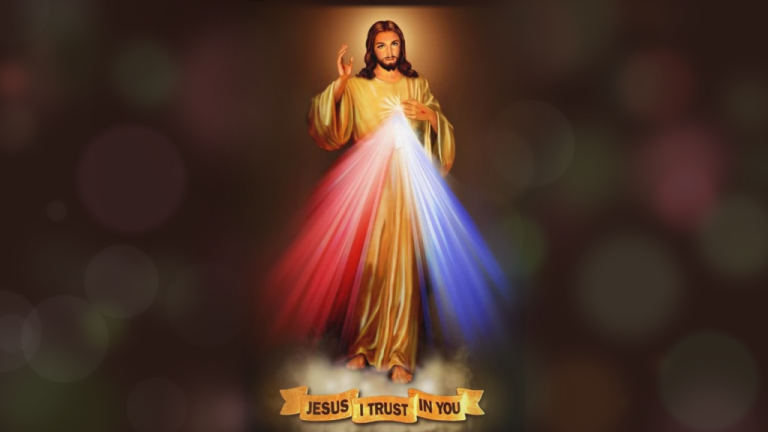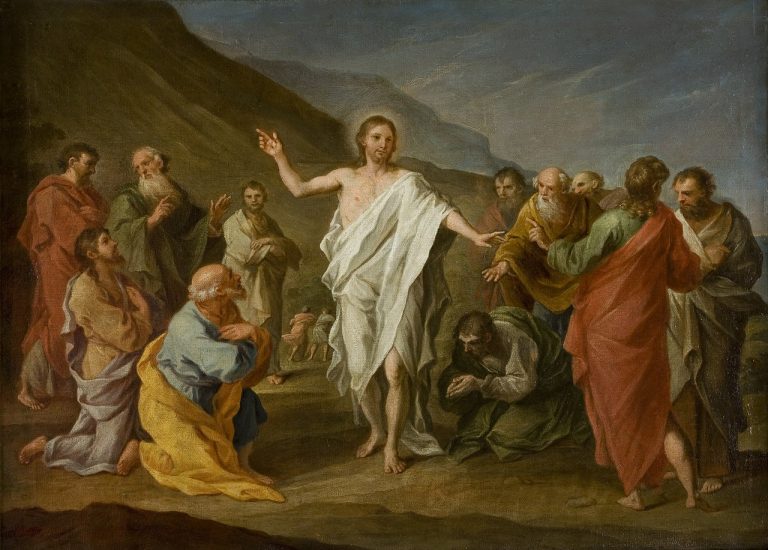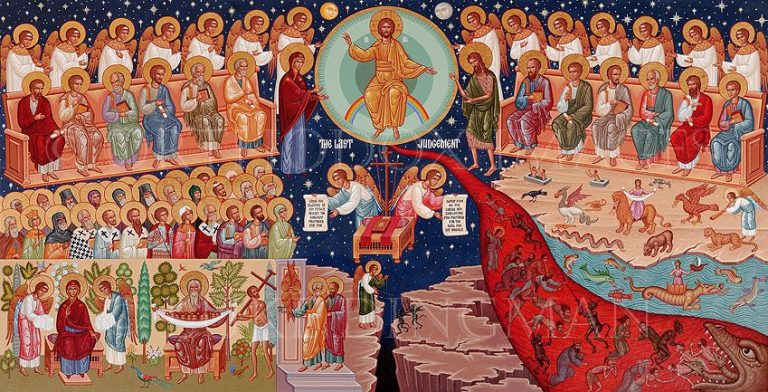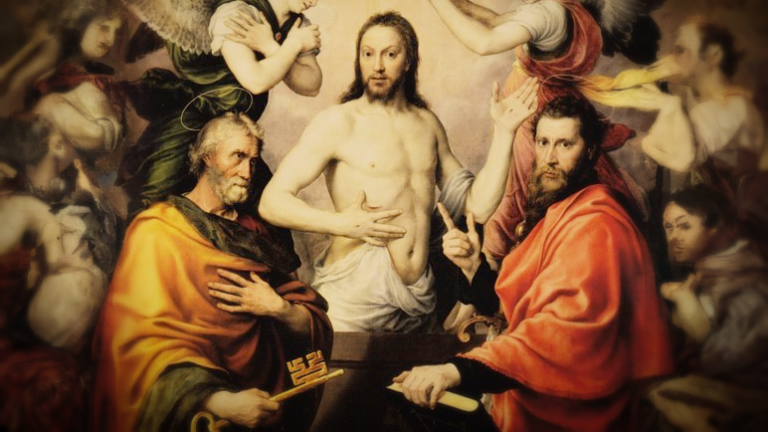A common theme
among those who begin sects of “protest” against The Church is that “Only those who think like me (then, us) can be saved.” The notion that “I have found the truth and all others are wrong.” appeals to the vain, whose inclinations are more inclined toward some sector of the created world rather than toward the wholeness of He Who programmed it and downloaded us within that vast program.
As a former Presbyterian, it was impossible not to have witnessed a comforting “We are numbered among those pre-destined to be saved.” attitude permeating many members, most of whom led comfortable, middle and upper-middle class lives. The idea that our comparative prosperity was all the proof needed that God loved us much more than the unsaved poor, who were denied the blessings given to us “pre-ordained to salvation” by a just God, was well entrenched in our minds. We would actually send our missionaries to other countries, mostly poor and Catholic, to help them achieve the same exalted levels of self-righteousness that we found so satisfying.
Some sects began by attracting those who wanted to ignore Church teachings. Others began with very simple, direct connections between man and God. “We believe in cutting out the middle-man. We deal directly with God.” has an eternal attraction to those too proud to go through channels.
Other protestors attract those who know they are prone to sin and don’t mind falling back into it with the attractive notion that “Once you are saved, you are always saved, no matter what you do, afterwards.” Most sects provide an exhausting array of active social functions that provide what may be an excess of “fellowship” with like-minded people, providing those who would otherwise be lonelier with friends and a supportive social structure that’s strong enough to distract from, and, in some cases, replace the harder work of salvation.
Some denominations, like Calvinists and Lutherans, are named after the person who appealed to enough distinct personality types to have institutionalized their beliefs, or personal inclinations, depending on whose opinion is given, in an ongoing system of cash-flow generation.
Just as many Catholics leave The Church and join other denominations, many from the outlying sects do convert to Catholicism. They are often surprised to find that there are a great many Catholics who are not interested in being friendly with anyone. They are grateful for the opportunity to go to Church every week, and return home. Most of the “old-line” denominations have been led by several generations of clergy persons who have devalued the “be fruitful and multiply” instructions. This causes their denominations to dwindle while operating expenses increase. There is so much financial pressure on the remaining members that the poor are simply driven away rather than endure the frustration of not being able to help. The smartest thing they can do is consider The Church whose founder came to help the poorest of people.

